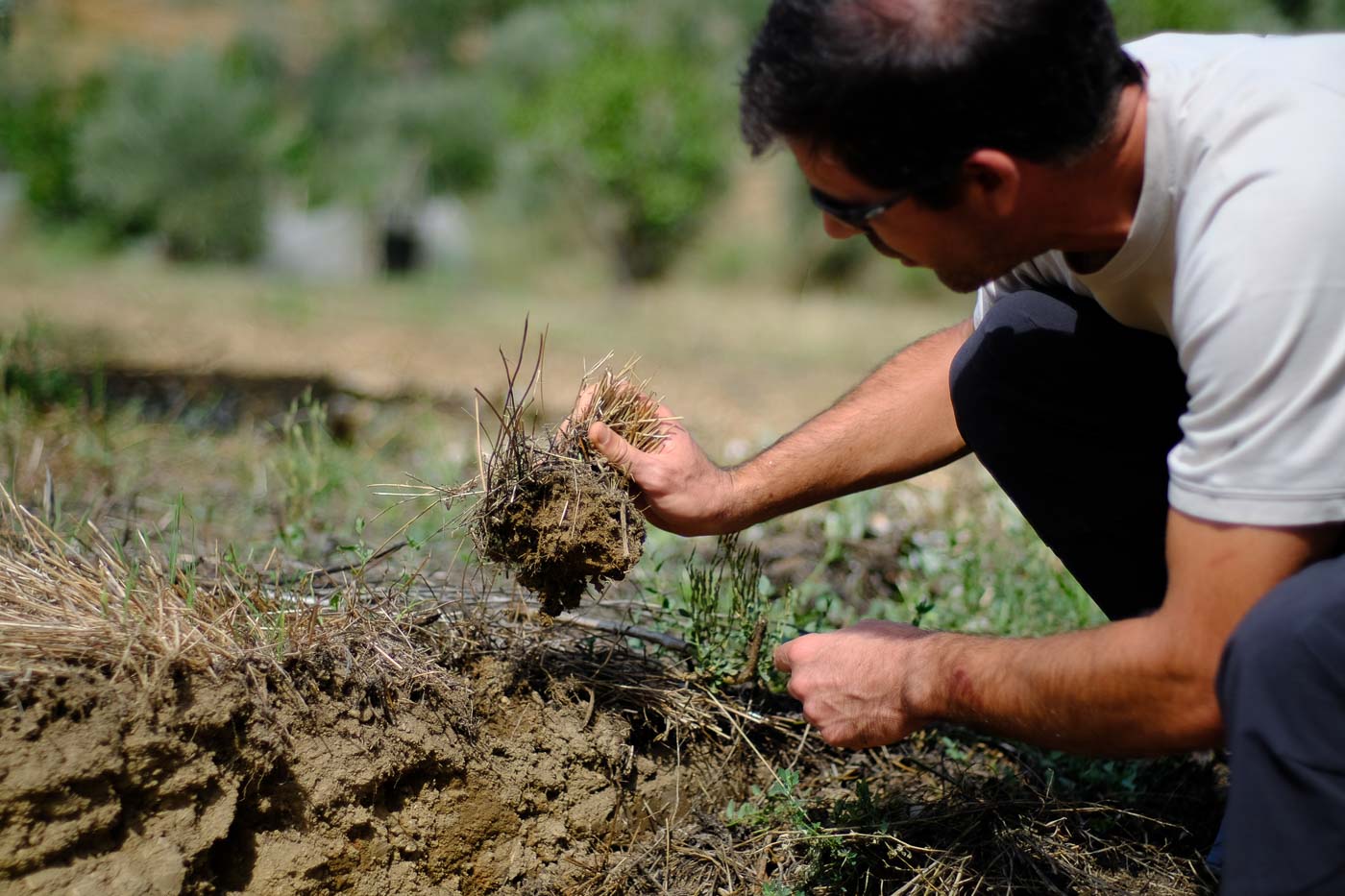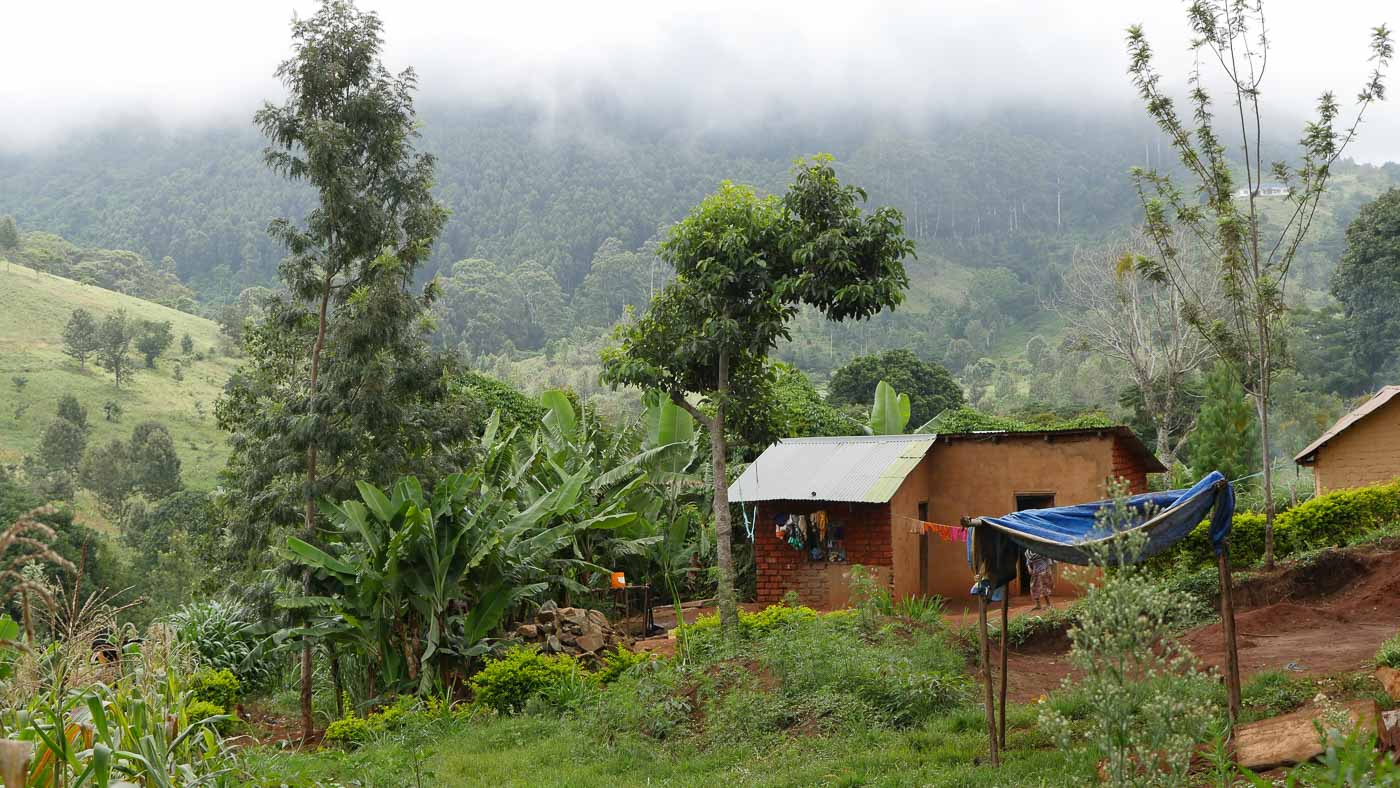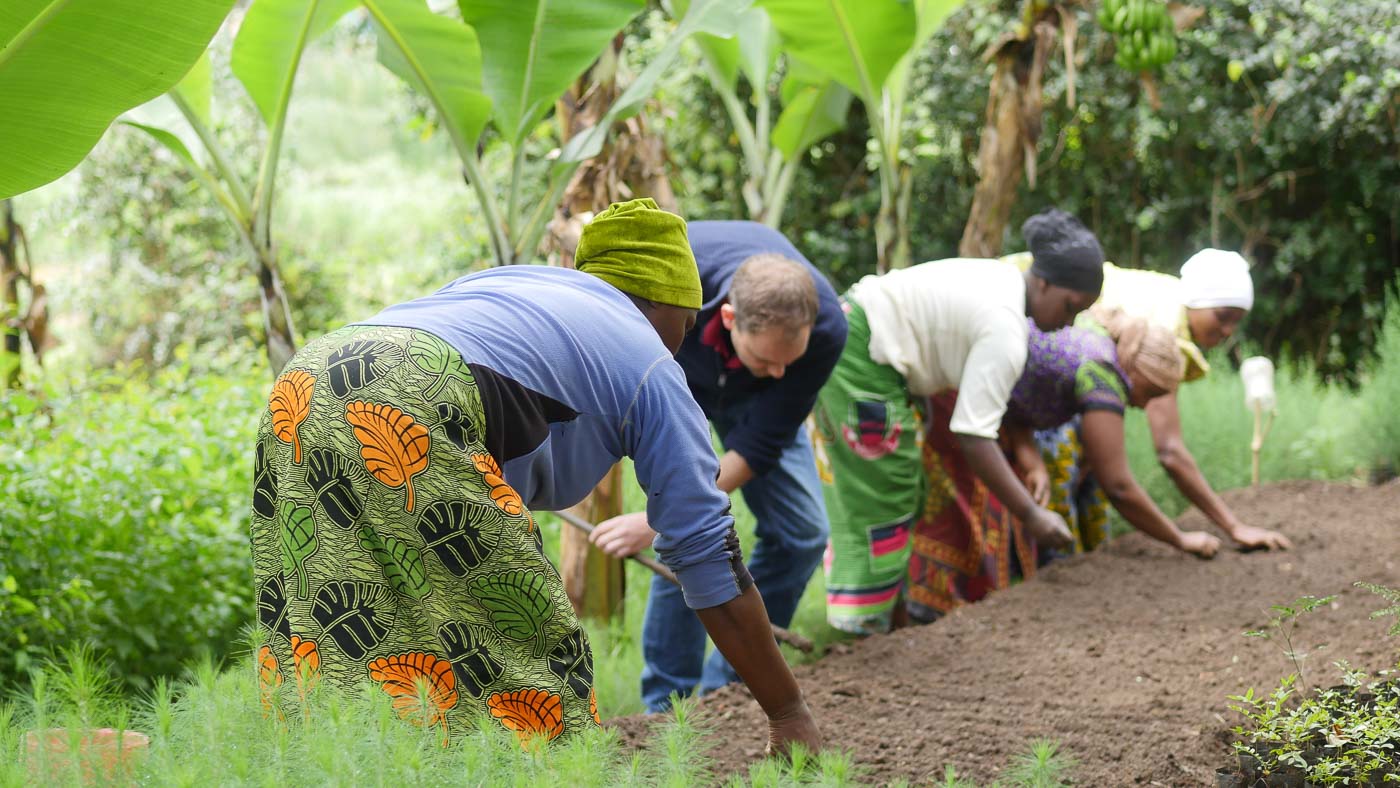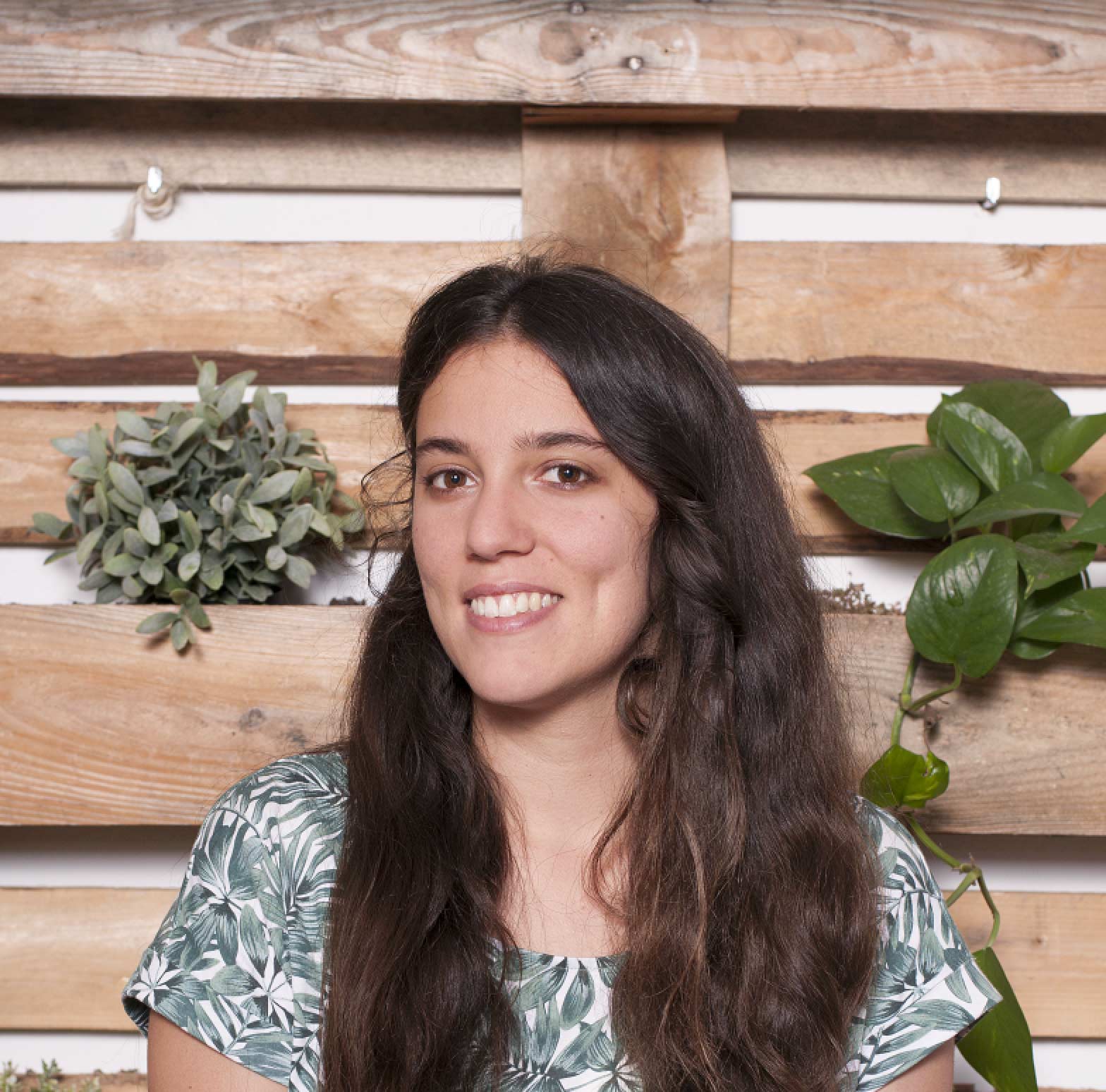From the deepest of their layers, to the top of trees’ crowns - forests are the heroes keeping our planet healthy, and us alive.
All of us. There’s more organisms in a handful of soil than there are people on the planet. Forests are home to about 80% of life on earth. Animals, big and small, depend on healthy forests, which provide them with the fruits, nuts and plants they need to thrive.
In turn, humans depend on those very animals to spread the seeds of the plants they have eaten, which helps fertilize the soil. The same soil that humans grow their food in, too.
And the list of benefits that forests provide only gets longer.
Why forests are important for the climate
Forests are a barrier against erosion, landslides and avalanches. The roots of trees give the soil the structure it needs to absorb and retain water when it rains, avoiding floods that would otherwise wash away perfectly fertile soil, which we need in order to grow food.
The more ancient the forest, the more efficient it is at taking the excess CO2 humans produce out of the air, hiding some of it away and using the rest to create healthy branches, nutritious fruits, nuts, and even soul-nourishing landscapes.

Wipe out a forest and you hurt the soil beneath it as you expose it to the whims of the seasons.
Every time we cut down a forest, we are automatically emitting tons of CO2. We expose land on which ancient forests once stood that have been storing carbon over thousands of years.
That's to say, for every vanishing forest, we lose the most important buffer against climate warming.
The main causes for deforestation
And yet every second, the world loses about one football pitch worth of forest area. Every year, that’s roughly an area the size of the country of Greece.
The main causes of deforestation are agriculture, unsustainable forest management, mining, infrastructure projects and increased fire incidences, which are also increasing in intensity.
Deforestation and forest degradation can happen in the blink of an eye, as happened during Australia’s catastrophic bushfires (the worst in its history) and the Amazon forest fires in recent years. We clear forests to make space for the cows whose meat we want to consume, or to make way for palm oil plantations.
Forests can also die off naturally, as rising temperatures caused by human-made climate change test their ability to absorb CO2.
Whichever the technical reason behind deforestation, we are better off at solving the problem if we look at the structural forces causing massive deforestation rates: humans have disconnected their everyday life from the reality of nature.

How anyone can protect the forest
By living outside the boundaries of our natural ecosystem, we have put a serious strain on our planet’s resources and we are now putting the same pressure on our forests.
As CO2 levels rise and temperatures become warmer, forests around the world are starting to give up. We saw this happen in Australia, where an ancient rainforest that is usually too humid to burn, did burn after all.
Thankfully, there is still time to turn things around. And while it all starts with individual actions from people like you and I, we alone are not responsible for, nor can we solve the issue on our own.

So, how do we keep forests standing?
You and I don’t live in a forest and yet, there is so much we can do to put pressure on governments and private companies that are at the root of the problem.
Watch the video on our YouTube channel to discover three ways you can help protect forests from wherever you are.
Our forests are dying and we need to protect them. At Ecosia, we declared 2020 as the year of the forest because now, more than ever, they need our help.
